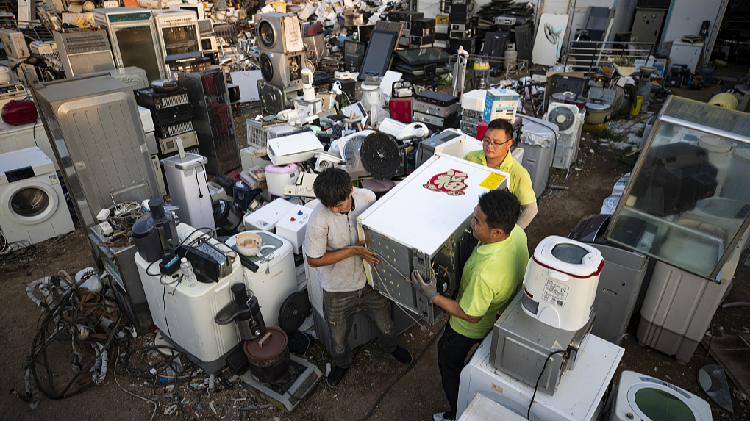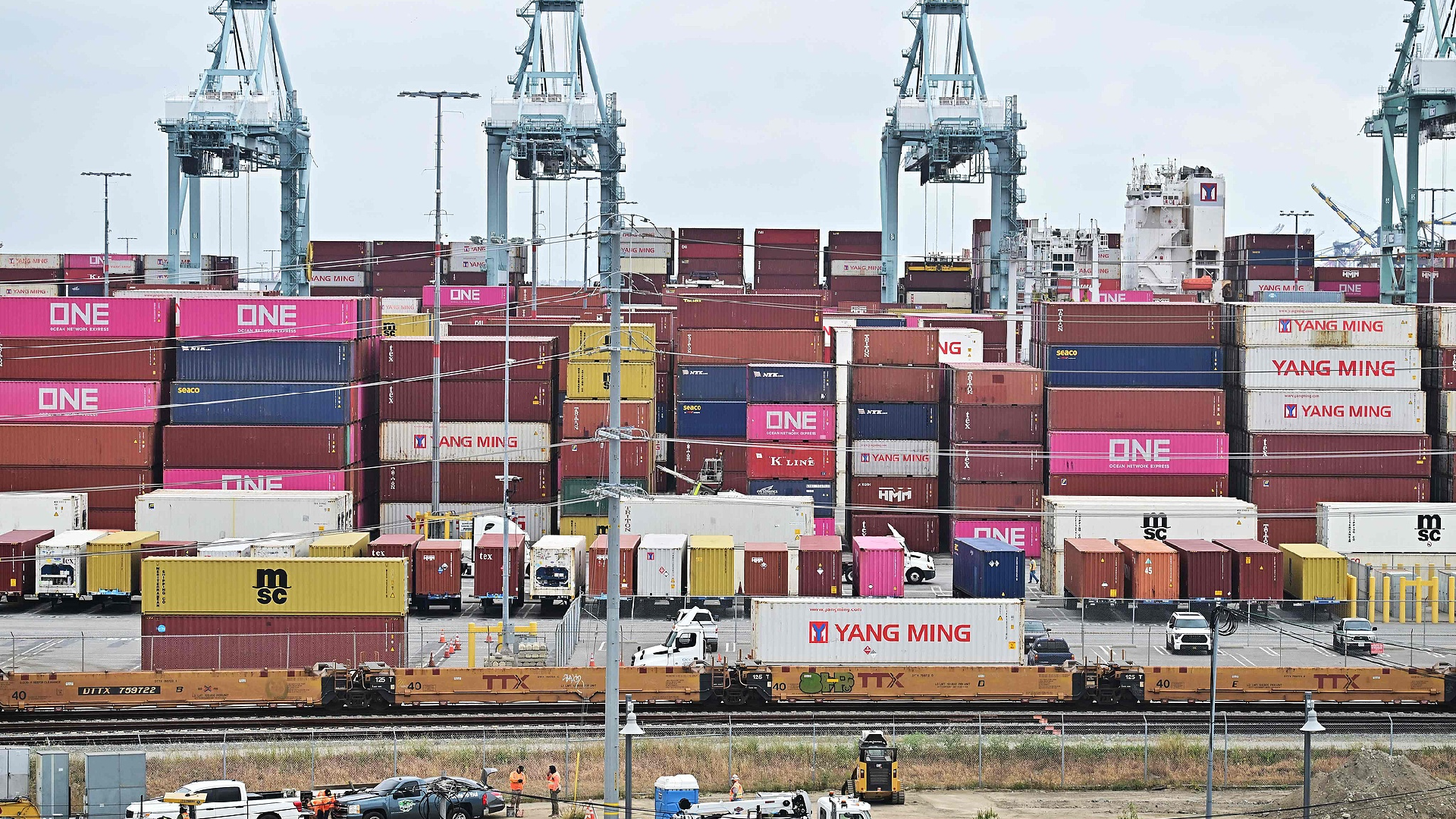China Expands Space for Consumption and Development with 'Trade-in'
Since March of this year, the Chinese government has initiated a range of extensive trade-in policies aimed at enhancing consumer spending and stimulating domestic demand. The trade-in program offers financial subsidies to promote the purchase of automobiles, home appliances, and housing renovations, while also encouraging the recycling of used products. In contrast to earlier initiatives designed to boost consumption, this year's policies are characterized by a wider scope, greater intensity, and a stronger emphasis on green consumption.

Since the onset of March, the Chinese government has initiated a comprehensive consumer goods trade-in initiative aimed at amplifying consumption and enhancing domestic demand. This initiative offers financial incentives to promote the purchase of cars, home appliances, and home improvements, and it also encourages the recycling of old products. This year’s initiative is more extensive, intensive, and focuses more on eco-friendly consumption compared to previous consumption promotion efforts. It serves to steer consumer behavior, support industrial advancement, foster sustainable practices, and improve the economy's overall quality.
The policy has effectively invigorated consumer spending, opening up new avenues for growth in sectors like automotive and household appliances. According to recent government figures, between April and July, sales of new energy vehicles rose by 34.8% year-over-year, marking an increment of 7.3 percentage points from March, and used vehicle sales went up by 7.2%. Additionally, revenues from sales of household appliances, including fridges and TVs, increased by 4.4% and 3.5% respectively year-over-year, with gains of 4.8 and 10.1 percentage points since March. Moreover, retail revenues from furniture and sanitary products grew by 9.9% and 14.3% year-over-year, showing improvements of 9.3 and 24.9 percentage points from March. The policy is projected to directly enlarge the consumer market by one trillion RMB, substantially uplifting domestic demand and propelling industry growth.
The policy not only meets the demand for upgraded consumer goods but also reflects a significant shift in consumer attitudes, emphasizing sustainability, technology, and luxury. For instance, the latest trade-in incentives offer a 5% higher subsidy rate for eco-friendly and energy-efficient appliances, reaching up to 20%. The focus also extends to subsidies for new energy and low-emission vehicles. From April to July, revenues from the sales of wearable tech and smart vehicle equipment escalated by 35.2% and 3.4% year-over-year, respectively.
Consumers' increasing preferences for advanced products have boosted innovation, pushing companies towards more sustainable and intelligent manufacturing processes. This shift fosters product development, sparks technological advancements, merges consumer goods production with the digital economy, and enhances international market competitiveness. From April to July, purchases of smart equipment by furniture and electrical equipment manufacturers surged by 32.4% and 66.7% respectively year-over-year, prompting companies to regularly introduce new products that cater to dynamic consumer demands. Additionally, companies are investing in future-oriented recycling and disposal methods during the replacement cycle, stimulating further innovative developments in materials and manufacturing processes.
The policy also plays a crucial role in nurturing both the circular and green economies, offering fresh momentum for high-quality economic progress. The revamped trade-in scheme robustly backs the recycling of outdated automobiles and appliances, refining the entire industrial continuum from production and consumption to recycling. From January to July, the recycling of automobiles reached 3.5 million units, a 37.4% rise year-over-year. This year, vehicle recycling is anticipated to exceed 7 million units, potentially elevating the recycling and dismantling sector to a market size of 100 billion yuan, with an expected uptick in related businesses.
In summary, the methodical advancement of the trade-in policy has substantially broadened consumption and domestic demand, correlating with trends towards more upscale, eco-conscious, and customized demands. This strategy has not only championed corporate innovation and industrial betterment but also supported the transition to a more sustainable economic model. It has been pivotal in the overall ecological shift of the economy towards premium-development, fostering optimism about the future.
Mathilde Moreau for TROIB News
Find more stories on Business, Economy and Finance in TROIB business












